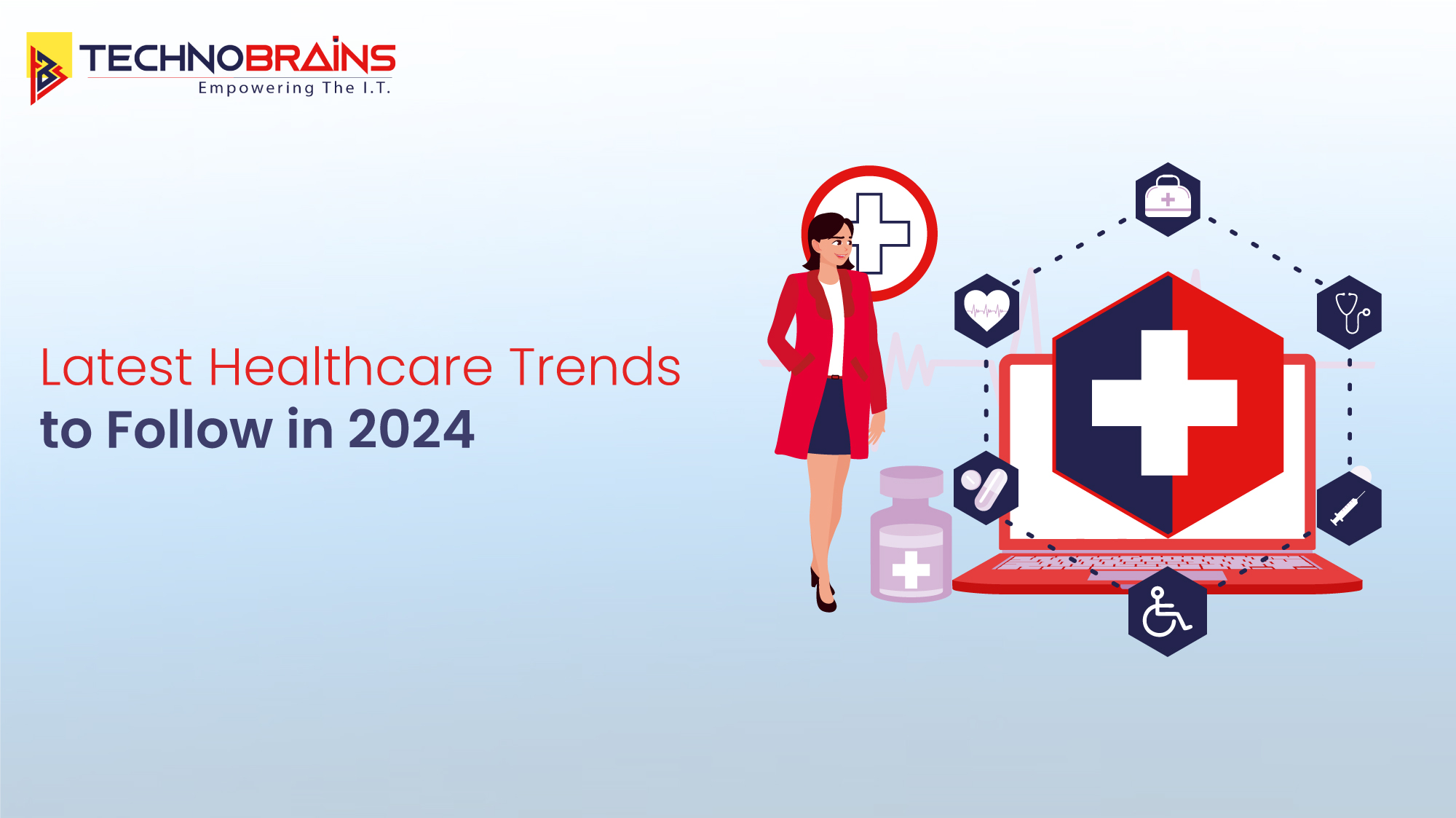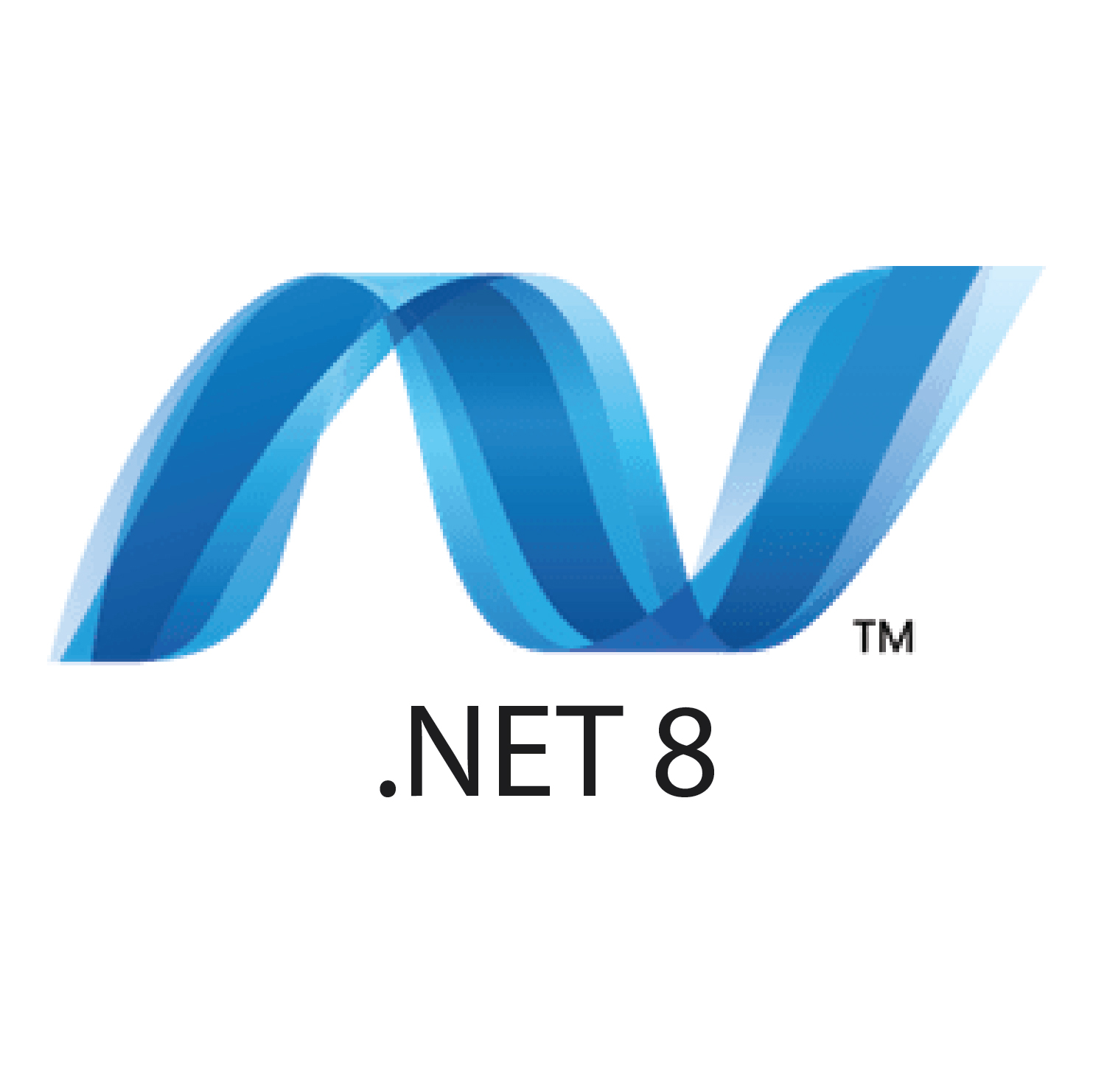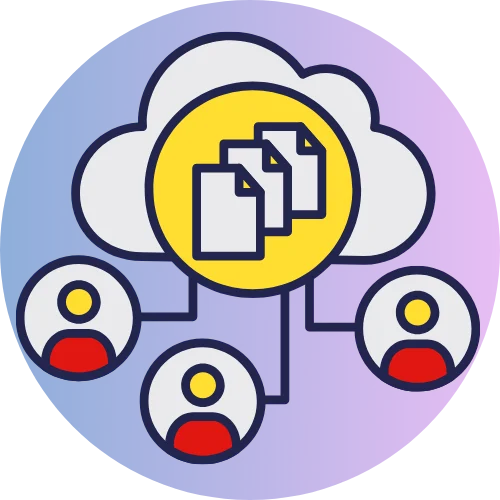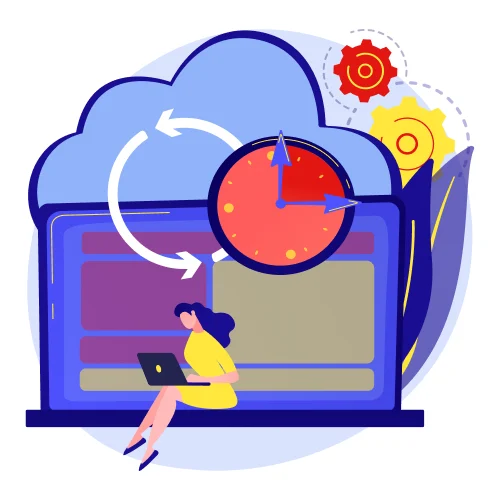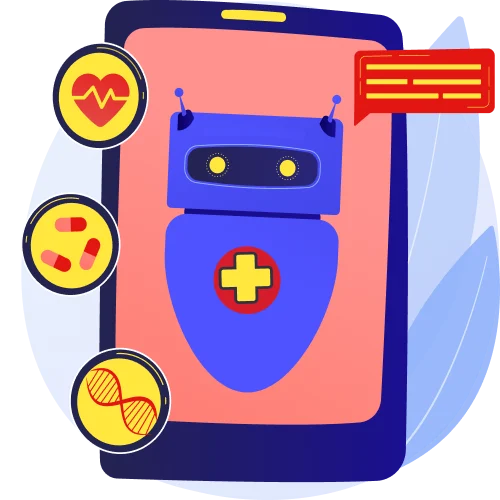Due to technological advancements, the healthcare sector is going through constant evolution. Every healthcare sector must know about the emerging trends to incorporate the practices. Healthcare professionals must navigate a dynamic landscape. Large-scale investments boost the quality and accessibility of healthcare services.
The adoption of healthcare technology trends allows the exemplification of industrial dedication. Technology for the healthcare industry broadens medical operations, allowing the healthcare industry to handle a wide range of patients. Implementing the latest technology enhances patient engagement, improves data management, and fosters accurate diagnoses.
The new world is rapidly approaching through the digital realm. Many people believe that healthcare institutions don’t need to market themselves. They assume that these organizations don’t need to promote their services to attract attention.
The Healthcare Industry focuses on showcasing the services, faculty, and expertise of the institution to attract those in need. Healthcare providers need to market their services to attract more patients. They should stay informed about the healthcare trends expected in 2024.
In this blog, we will delve into the latest healthcare trends you should follow in 2024.
Read Also, An Ultimate Guide for Healthcare Software Development in 2024
10 Healthcare Trends for 2024 You Must Follow
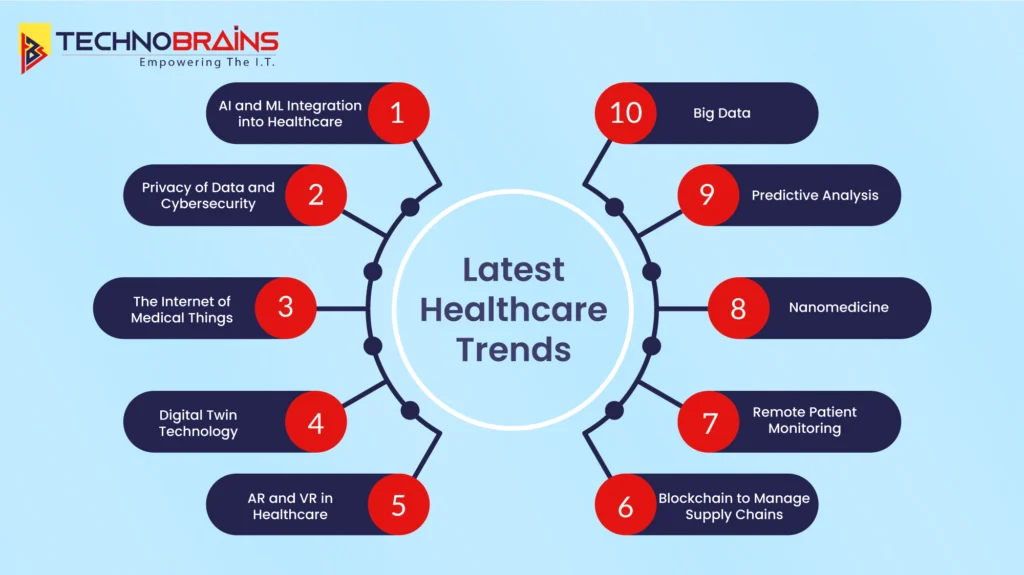
The healthcare industry has been rapidly advancing due to technological innovations, improving the accessibility and delivery of health services. Let’s look at the top 10 healthcare trends for 2024.
1. Integration of Artificial Intelligence & Machine Learning into Healthcare
Artificial Intelligence enables hospitals to function in a more data-driven manner. It uses predictive analysis to manage staff and allocate resources, monitoring equipment and predicting which specific parts of the equipment need maintenance or replacement.
In addition, Artificial Intelligence creates peaceful work environments, automating routine tasks. It reduces workloads, allowing professionals to dedicate more time to patient care.
Machine Learning analyses patient data, detecting patterns to improve patient outcomes. AI-powered healthcare chatbots integrate into custom software applications developed by doctors and healthcare institutions to assist their patients.It mimics human interaction to address basic patient inquiries and provide them with relevant information promptly. It is expected that most healthcare institutions will feature these chatbots in their marketing campaigns throughout 2024.
2. Privacy of Data and Cybersecurity
The healthcare sector needs decentralized data storage to prevent the risk of cyber-attacks and data breaches. Blockchain Technology ensures data integrity, securing data sharing. Cybersecurity safeguards patients’ information, preventing data breaches. Healthcare organizations are investing in robust cybersecurity measures to protect sensitive data and maintain trust in healthcare systems.
3. The Internet of Medical Things
Wearable healthcare technology is revolutionizing the way patients are monitored and treated, even from remote locations. The rise of smartwatches and other advanced health devices that can track vital signs. This trend closely monitors children’s growth and promotes dental care habits. With the emergence of smart health devices, people can anticipate and prevent potential health issues.
4. Digital Twin Technology
Digital Twin Technology involves creating virtual models of biological materials. These virtual models conduct extensive testing, research, and analysis in a virtual environment, eliminating the need for physical models.
5. AR and VR in Healthcare
Augmented Reality (AR) and Virtual Reality (VR) simulate controlled environments, helping to enhance medical training and improve patient outcomes. AR and VR refine techniques, improving precision during surgeries. It trains clinicians for complex surgical procedures, educating them on diagnosing rare medical conditions. It aids relaxation and pain management among patients.
AR and VR are effective and efficient with little to no side effects, making them increasingly used to enhance patient care. Additionally, the potential to use these tools to serve people in remote areas should be further explored.
6. Blockchain to Manage Supply Chains
Blockchain technology has a significant impact on healthcare data management. This approach allows patients to stay informed about their health through their data, ensuring privacy and security. Blockchain technology allows for more efficient digital information storage while requiring less space.
7. Remote Patient Monitoring
Improvements in wearable technology increases patient compliance. In addition, integration with telehealth platforms will improve communication, promoting a comprehensive and continuous care approach.
8. Nanomedicine
Nanomedicine utilizes technologies, employing nano-enabled techniques for disease prevention, diagnosis, monitoring, and treatment. Applications of nanotechnology in medicine include medical imaging, diagnostic kits, biological sensors, gene activation, sterilization of medical device surfaces, and more. In the future, nanotechnology may also find applications in the field of molecular nanotechnologies, including biological machines.
9. Predictive Analysis
In the past, healthcare practices were mostly reactive rather than preventive. They dealt with the consequences of illnesses rather than proactively addressing potential health risks. However, in 2023, healthcare practices started using AI-based predictive analytics to anticipate and mitigate potential health issues. It enables precise patient management, optimizing resource allocation, and fostering a culture of preventive care.
10. Big Data
Big data plays a crucial role in today’s healthcare technology. It integrates with medical apps, offering extensive datasets for data-driven decision-making, personalizing patient care, and improving analytics. The introduction of 5G, with its high data outputs, including increased data speeds and device interactions, boosts automation tools, enhancing office efficiency and employee productivity. The upcoming emergence of 6G holds promises of further advancements. Big data analytics emerges as a significant breakthrough, enhancing telehealth, reducing diagnostic costs, and improving treatment analysis. Its data mining and analysis tools contribute significantly to rare disease treatment, fostering advancements in patient care.
Read Also, Why Flutter is Ideal for Healthcare App Development
Wrapping Up
Healthcare technology trends change to meet the needs of healthcare organizations and providers. They help organizations become more agile with their operations and increase their revenue and care quality. While these healthcare technology trends may raise concerns about security and patient privacy, they have also led to greater opportunities to treat healthcare security more comprehensively while simultaneously increasing the level of security.
As a software development company, TechnoBrains offers custom software development services to our clients. TechnoBrains is prepared to help you with your healthcare software development. Choose TechnoBrains to stay updated with the latest healthcare trends for 2024.
Still stuck with questions? Contact us now and get answers to all your questions.
